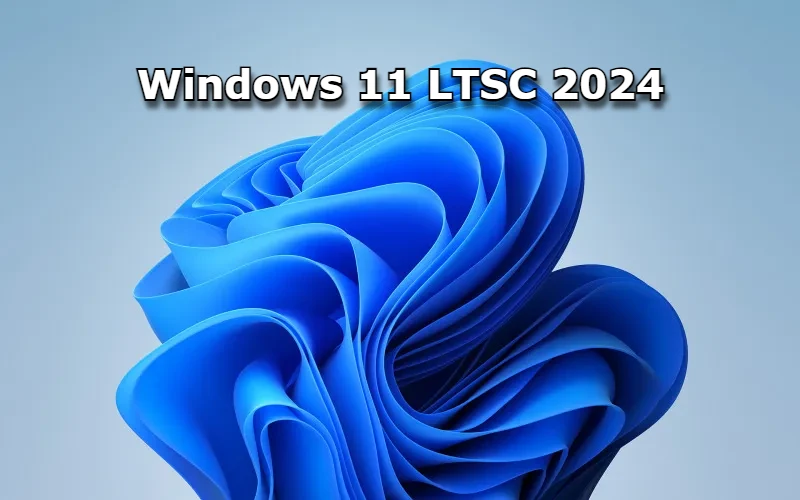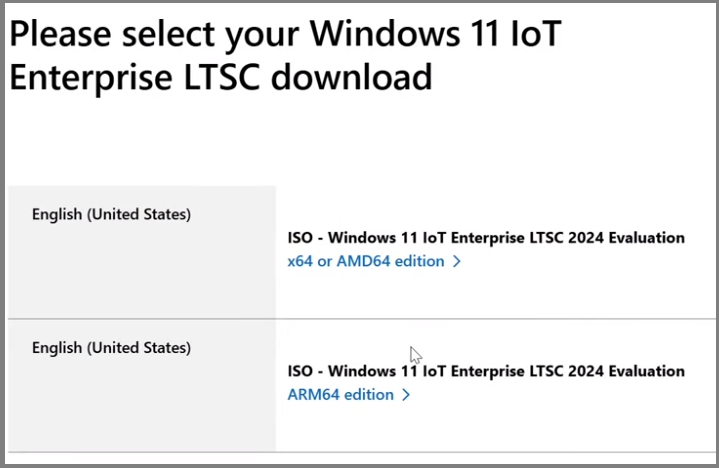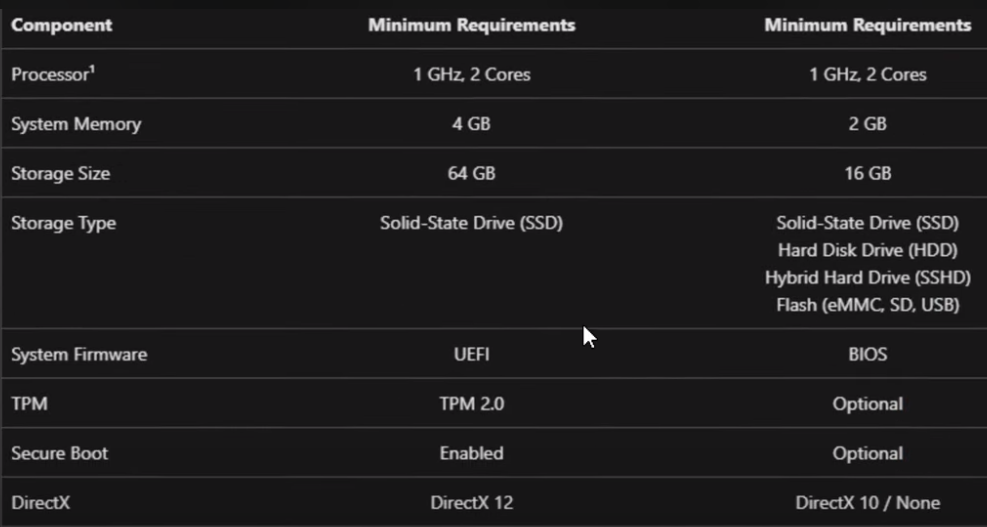The tech landscape is ever-evolving, and Microsoft’s recent release of Windows 11 Long-Term Servicing Channel (LTSC) 2024 marks a significant milestone, especially for IoT devices.
This new iteration of the operating system promises stability, extended support, and enhanced functionality, catering specifically to the needs of enterprise and industrial environments.
This article delves into the key features, system requirements, and implications of Windows 11 LTSC 2024, shedding light on why it is an important development for IoT.

Key Features of Windows 11 LTSC 2024
Enhanced Stability and Long-Term Support
One of the most notable aspects of <strong>Windows 11 LTSC 2024 is its focus on stability and long-term support. Unlike the standard versions of Windows, which receive frequent feature updates, the LTSC version is designed to minimize changes, providing a stable environment for important applications.
This version will receive updates primarily for security and maintenance, ensuring that businesses can rely on a consistent platform without the disruptions that come with frequent upgrades.
Focus on IoT and Enterprise Applications
Windows 11 LTSC 2024 has been tailored to meet the demands of IoT and enterprise applications. IoT devices, which are often deployed in environments requiring high reliability and minimal downtime, benefit greatly from the long-term stability and security patches provided by the LTSC model.
Additionally, features such as enhanced device management, improved security protocols, and support for a wide range of hardware make it an ideal choice for industrial and commercial use.
Permissive Licensing for Broader Application
Another significant feature is the more permissive licensing terms included in this release. This flexibility allows for broader application across various devices and scenarios, making it easier for businesses to deploy Windows 11 IoT Enterprise LTSC 2024 across a diverse range of IoT devices.
This change aims to simplify the licensing process, reducing administrative overhead and fostering a more adaptable implementation.

Minimum System Requirements for Windows 11 LTSC
To ensure compatibility and optimal performance, Microsoft has published the minimum system requirements for Windows 11 LTSC 2024. These specifications are designed to cater to a broad spectrum of devices, from traditional PCs to specialized IoT hardware. The key requirements include:
- Processor: 1 GHz or faster with at least two cores on a compatible 64-bit processor or system on a chip (SoC).
- RAM: 4 GB or more.
- Storage: 64 GB or larger storage device.
- Firmware: UEFI, Secure Boot capable.
- TPM: Trusted Platform Module (TPM) version 2.0.
- Graphics Card: DirectX 12 compatible graphics / WDDM 2.x.
- Display: >9” with HD Resolution (720p).

These requirements are designed to ensure that devices running Windows 11 IoT Enterprise LTSC 2024 have the necessary hardware capabilities to support its advanced features while maintaining security and performance standards.
Implications for Businesses and IoT Deployments
1. Enhanced Security and Compliance
For businesses, especially those in regulated industries, the enhanced security features and compliance capabilities of Windows 11 LTSC 2024 are of paramount importance. The inclusion of TPM 2.0 and secure boot requirements ensures that devices are protected against a wide range of threats, from firmware attacks to unauthorized access.
This focus on security helps businesses meet regulatory requirements and protect sensitive data.
2. Simplified Management and Maintenance
The long-term servicing model simplifies the management and maintenance of devices. With fewer feature updates, IT departments can focus on maintaining security and stability without the need for frequent system overhauls. This results in a lower total cost of ownership and a reduced burden on IT resources, allowing businesses to allocate more resources to strategic initiatives.
3. Future-Proofing Investments
By adopting Windows 11 LTSC 2024, businesses can future-proof their IoT investments. The long-term support and stability ensure that devices will remain operational and secure for years, providing a solid return on investment.
Additionally, the permissive licensing terms allow for flexible deployment across a wide range of devices, from legacy systems to cutting-edge hardware.
Windows 11 IoT LTSC 2024 has been released to manufacturers!
The 2024 edition of Windows 11 LTSC has finally dropped. As always, this version is extremely lightweight and smooth. I’ve been running it on my PC since yesterday. The experience has been decent, it consumes only… pic.twitter.com/spCLZPhXun
— JOBI CENATION (@JOIANSH) May 28, 2024
Final Words:
Windows 11 LTSC 2024 represents a significant advancement for IoT and enterprise environments. Its focus on stability, enhanced security, and long-term support make it an ideal choice for businesses looking to deploy reliable and secure IoT solutions.
With clear system requirements and permissive licensing, Microsoft has positioned this release as a cornerstone for future IoT deployments, ensuring that businesses can confidently navigate the evolving tech landscape.
As the world becomes increasingly interconnected, Windows 11 IoT Enterprise LTSC 2024 stands out as a robust platform for the next generation of IoT innovations.